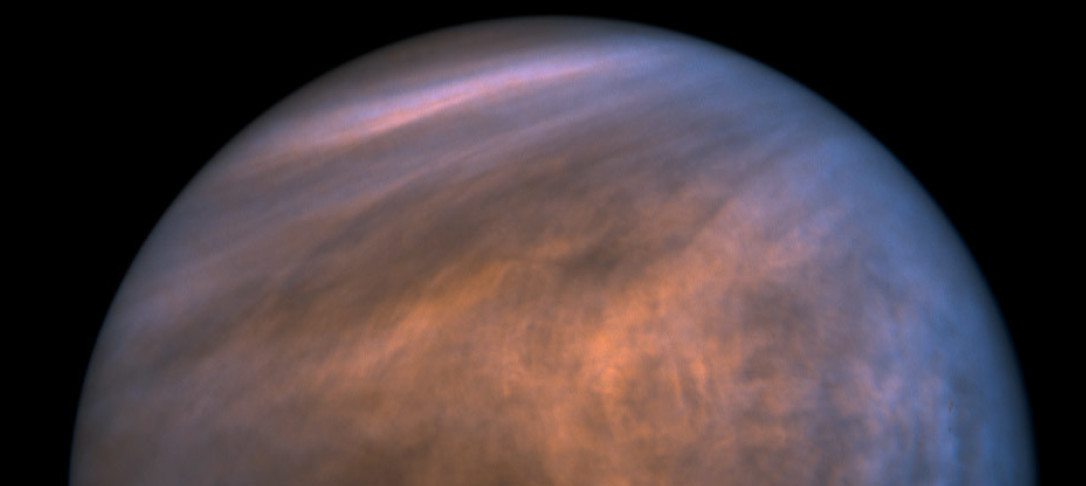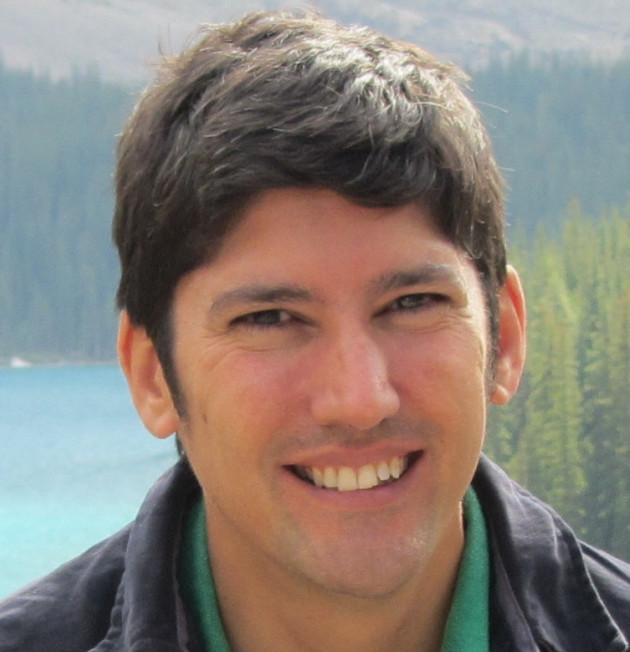
Professor Richard Ghail will give the ESE Departmental Seminar on 2 December, “Understanding Venus, our most enigmatic neighbour’.
Join us online on Thursday 2 December by clicking “Livestream” on the seminar page at 12pm. The livestream link will be added in due course.
Understanding Venus, our most enigmatic neighbour
Venus is the only Earth-sized planet in our Solar System, and yet it could not be less hospitable. How is it that two planets so similar in size, composition and distance from the Sun, can be so different?
Three recently selected missions seek to address different and complementary aspects of these questions: DaVinci will provide a very detailed geochemical ‘snapshot’ through the atmosphere while Veritas will make a global geophysical survey. I proposed EnVision to undertake a set of complementary targeted observations of the atmosphere, surface and interior. Its goals are to locate and characterise geological activity on the surface and to track how that activity drives atmospheric chemistry, especially in the clouds, and to infer how both evolved through time and, in particular, what evidence there may be for past oceans. To do so, EnVision carries an imaging radar (VenSAR), a sounding radar (SRS), a spectrometer suite (VenSpec-U and -H) and mapper (VenSpec-M) and will additionally conduct radio science experiments (RSE).
In this talk I will give a wider view of Venus, showing how our understanding of both Venus and Earth has evolved since Magellan, and what we hope to learn from EnVision and the flotilla of complementary missions heading to Venus this decade.
Biography
 Prof. Richard Ghail is a Professor in the Department of Earth Sciences of the Royal Holloway University of London.
Prof. Richard Ghail is a Professor in the Department of Earth Sciences of the Royal Holloway University of London.
Richard specialises in intra-plate tectonics on Earth and Venus using radar interferometry (InSAR) to measure fault movements on exceedingly small scales of millimetres per year. He applies the technology to monitoring the surface effects of engineering in the ground and to understanding impact of intra-plate deformation on civil engineering infrastructure, particularly tunnels. He founded the Engineering Scale Geology Research Group to develop these ground investigation techniques and advance their study. Richard proposed Envision and led the ESA science study up to its selection. The mission will apply many InSAR technologies and techniques developed for ground engineering to characterise and measure geological activity on Venus.